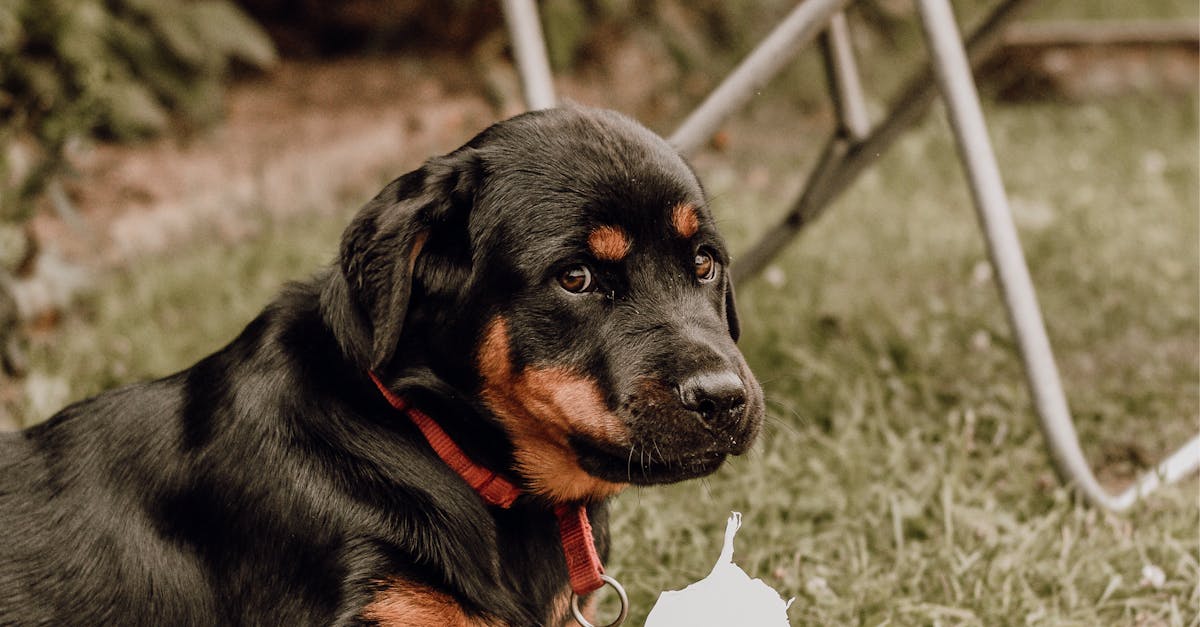Has your dog developed an unusual obsession with your socks? While it might seem funny or quirky at first, sock-eating can actually be a sign of underlying behavioral or health issues. Many pet parents find themselves asking, “Why does my dog eat my socks, and how do I stop it?” Let's explore the reasons behind this peculiar behavior and what you can do to keep both your pup and your socks safe.
🧠 Why This Happens
Dogs eating socks is more common than you might think. There are several reasons why your furry friend might be drawn to this behavior, ranging from curiosity to deeper psychological or medical causes.
- Curiosity or Play: Socks are soft, stretchy, and smell like you, which makes them an interesting and comforting object for your dog to explore or chew on.
- Teething in Puppies: If your dog is a puppy, chewing on socks can help relieve discomfort caused by teething.
- Attention-Seeking Behavior: If you react strongly when your dog grabs a sock, they may learn that stealing socks gets your attention—positive or negative.
- Anxiety or Stress: Dogs experiencing separation anxiety might chew on socks because they carry your scent, which can help soothe them when you're not around.
- Pica: Pica is a condition where dogs eat non-food objects, often due to a nutritional deficiency, boredom, or underlying medical issues.
Understanding why your dog is eating socks is the first step toward addressing the behavior effectively.
❗ How to Help
Once you've identified the potential reasons behind your dog's sock-eating habit, it's time to implement strategies to manage and redirect their behavior. Here are some practical tips to help your dog kick this habit:
- Keep Socks Out of Reach: The simplest solution is prevention. Store your socks in a closed hamper or drawer where your dog can't access them.
- Provide Chew Toys: Offer appropriate alternatives like chew toys, puzzle feeders, or treat-dispensing toys to keep your dog entertained and satisfy their chewing instincts.
- Engage in Regular Exercise: Ensure your dog gets plenty of physical and mental stimulation through daily walks, playtime, and training sessions to reduce boredom.
- Train “Leave It” and “Drop It” Commands: Teaching these commands can help you redirect your dog when they grab something they shouldn't.
- Limit Stress and Anxiety: If your dog eats socks due to anxiety, work on creating a calm environment and consider using calming aids like pheromone diffusers or anxiety wraps.
If the behavior persists despite these measures, it might be time to consider deeper solutions or consult a professional.
✅ Behavioral Solutions
For dogs with more ingrained sock-eating habits, additional behavioral interventions may be necessary. Here are some advanced strategies to address the issue:
- Behavioral Training: Work with a professional dog trainer or animal behaviorist to address underlying causes and teach alternative behaviors.
- Enrichment Activities: Keep your dog's mind occupied with interactive games, obedience training, or scent work to redirect their energy away from chewing inappropriate objects.
- Address Nutritional Needs: Consult your veterinarian to ensure your dog is getting a well-balanced diet. Sometimes, dogs eat non-food items due to deficiencies in their diet.
- Consider Crate Training: When you're unable to supervise your dog, using a crate or a safe space can prevent them from accessing socks and other dangerous items.
Consistency and patience are key when it comes to modifying your dog's behavior. It may take time, but with the right approach, your dog can learn to leave your socks alone.
💡 When to Get Support
In some cases, sock-eating behavior can indicate a more serious issue that requires veterinary attention. Here's when you should seek help:
- If Your Dog Swallows a Sock: Swallowing socks can lead to intestinal blockages, which are a medical emergency. Watch for symptoms like vomiting, loss of appetite, lethargy, or difficulty passing stools.
- If Pica is Suspected: If your dog is consistently eating non-food items, a vet visit is essential to rule out medical causes like anemia or gastrointestinal issues.
- Persistent Anxiety: Dogs with severe anxiety may need additional support, such as behavior modification therapy or medication prescribed by your vet.
According to VCA Animal Hospitals, objects like socks can cause life-threatening complications if ingested, so it's important to act quickly if you suspect your dog has swallowed one (source).
FAQs
Q: What should I do if my dog swallows a sock?
A: Contact your veterinarian immediately. Swallowed socks can cause intestinal blockages, which may require surgery to remove.
Q: Why does my dog only eat my socks and not other objects?
A: Your socks carry your scent, which may comfort your dog or make them feel closer to you, especially if they’re anxious or stressed.
Q: How can I stop my puppy from chewing on socks?
A: Provide appropriate chew toys, supervise your puppy, and keep socks out of reach. Redirect their chewing behavior to safe alternatives consistently.
Book a $49 online vet consultation at https://www.dialavet.com for fast, expert advice.























